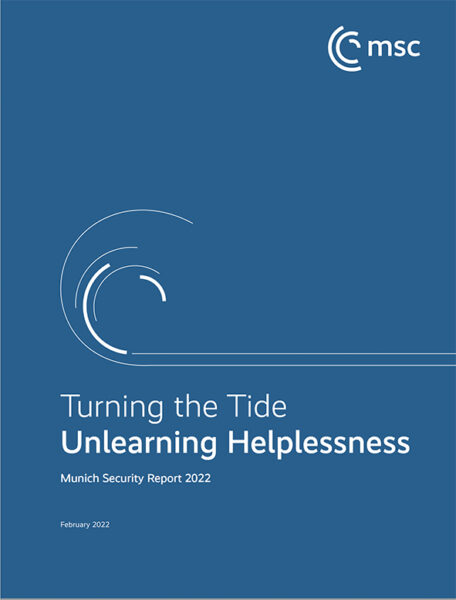The revolutions that have rocked the region (the famous “Arab Spring”) have kept the Maghreb on the front pages of the world’s press for more than three years now. Today it is at a crossroads. On the one hand, the countries of the Maghreb –Algeria, Libya, Mauritania, Morocco and Tunisia– are struggling to recover their political equilibrium. On the other, they are unable to meet the socio-economic challenges facing them in a context of internationalizing trade and strong competition from the developing countries of Asia. However, the region has many assets that could enable it to find its place in the global economy, if a genuine effort of regional integration were undertaken.
This is what Nadji Safir demonstrates here. He begins by stressing the limitations of the development policies pursued in the Maghreb and the region’s shortcomings in terms of the “social management of knowledge”. He goes on to outline the seven major sets of issues and constraints that are crucial to the future of the region, which he breaks down as follows: ideological and cultural; political and security-related; educational and scientific; social and economic; ecological and territorial; humanitarian and security-related; and political and geostrategic. On the basis of these issues and of the assets at the disposal of the countries of the Maghreb, Safir stresses that regional economic integration is an essential prerequisite for turning the area into a genuine growth hub rather than a crisis zone, and doing so at the regional and also, potentially, the international level.


